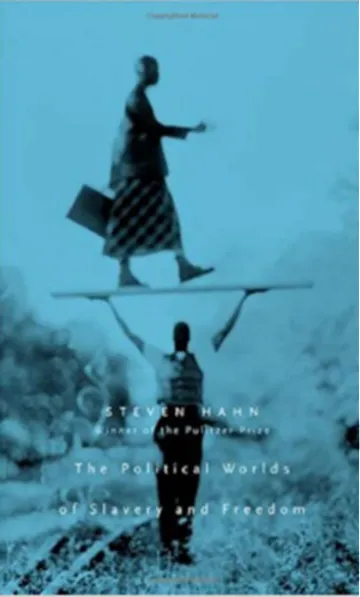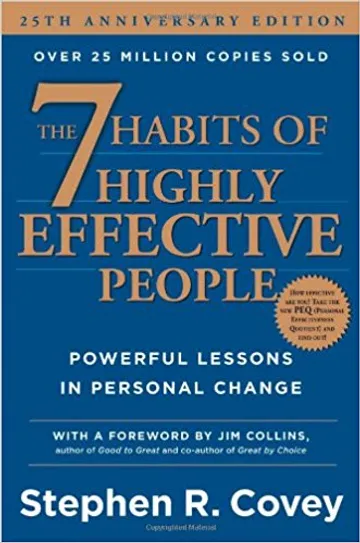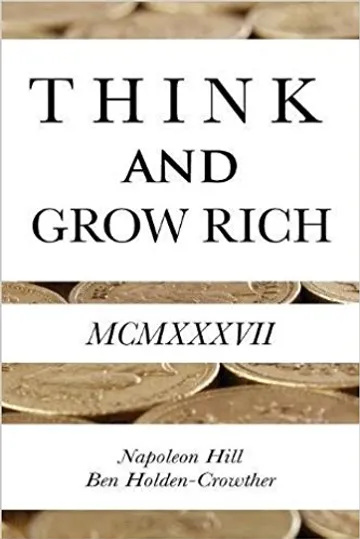Don't see an advisor you admire? Let's add him to the database! - Request

The Political Worlds of Slavery and Freedom

Steven Hahn
March 31, 2009
Categories:Non-Fiction
Add missing Endorsement Rendors (2)
1
MacArthur Fellowship (Genius Grant) Winners
1
Pulitzer Prize Winners for History


Subscribe to Blog and Updates:
Popular advisors

Steve Jobs
Rendors given:
16

Patrick Collison
Rendors given:
50

Naval Ravikant
Rendors given:
105

Indra Nooyi
Rendors given:
11

Nassim Taleb
Rendors given:
67
Popular books

The 7 Habits of Highly Effective People
Rendors:
34

High Output Management
Rendors:
21

Steve Jobs
Rendors:
26

Mindset: The New Psychology of Success
Rendors:
23

Think and Grow Rich
Rendors:
16
